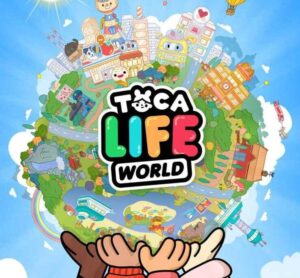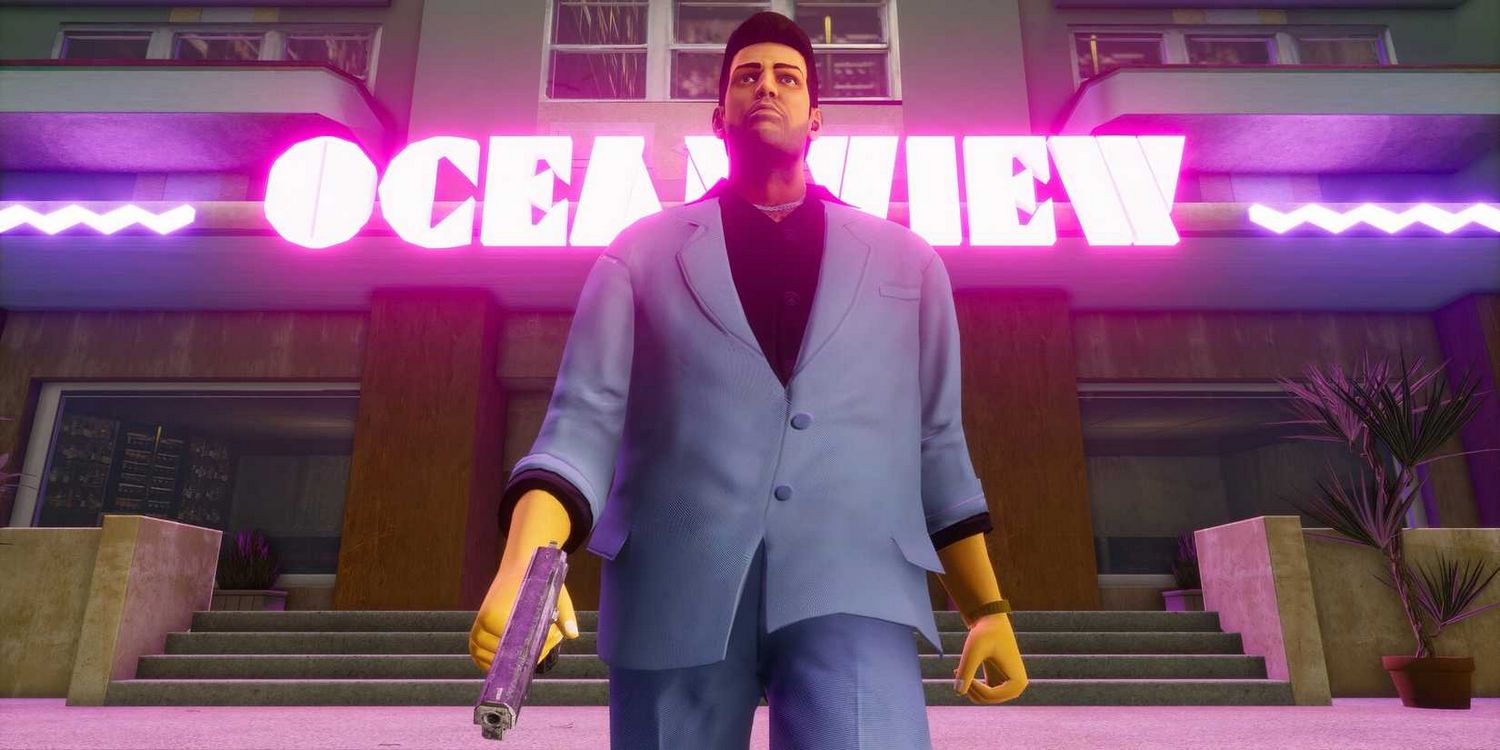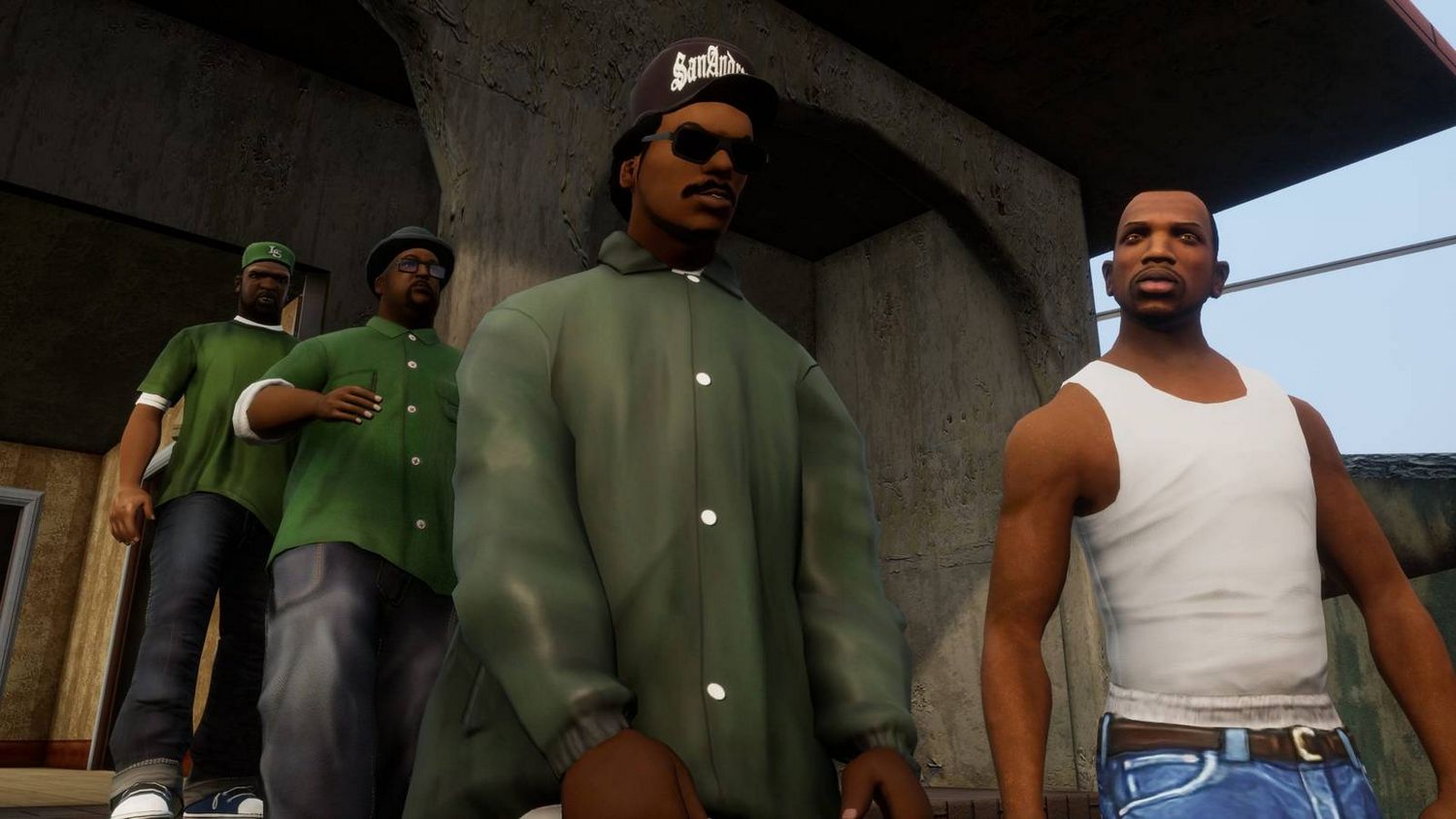University of Tennessee Announces Grand Theft Auto History Class Ahead of GTA 6
Popular Now
 Fortnite
Fortnite
 FIFA 23
FIFA 23
 Call of Duty
Call of Duty
 Schedule I
Schedule I
 Free Fire
Free Fire
 EA SPORT FC 25
EA SPORT FC 25
 BeamNG.drive
BeamNG.drive
 Sonic the Hedgehog™ Classic
Sonic the Hedgehog™ Classic
 Grand Theft Auto V
Grand Theft Auto V
 R.E.P.O
R.E.P.O 
In a groundbreaking development that further solidifies the academic recognition of video games, the University of Tennessee in Knoxville is set to launch a new history course titled Grand Theft America: U.S. History Since 1980 through the GTA Video Games. The course, which will be taught by history professor Tore Olsson, uses the iconic Grand Theft Auto series as a framework to explore key moments and themes in modern American history. This move, which was initially planned to include content from the highly anticipated Grand Theft Auto 6, highlights a growing trend of educators utilizing popular media to engage students and provide a modern lens through which to view historical events.
The announcement has created a significant buzz within the gaming community, academia, and beyond. The course is scheduled to begin in January 2026, several months before the confirmed release of GTA 6 on May 26, 2026. Professor Olsson, who previously taught a similar, highly successful course using the Red Dead Redemption series, emphasized that the class is “much more about American history than the games themselves.” The games, he explained, will provide the “scaffolding” for discussions about real-world events, including the social and economic issues that shaped the United States since the 1980s. This approach moves beyond simply studying the games and uses them as a cultural artifact to understand the world they satirize and reflect.
 The Course Curriculum: Using GTA as a Historical Lens
The Course Curriculum: Using GTA as a Historical Lens
The curriculum for Grand Theft America is designed to be a serious academic endeavor, not a simple “lore” class. The course will reportedly delve into several key areas of modern American history, with each GTA title serving as a case study. Here is a breakdown of what the class will likely cover, based on Professor Olsson’s public statements:
- Grand Theft Auto: San Andreas (1992): The professor has expressed particular excitement about using this title as a teaching tool. Set in a fictional Los Angeles, the game’s narrative and environment are an explicit allusion to the real-life Los Angeles riots of 1992. The course will use this as a starting point to explore the origins and meaning of this pivotal event, including the racial tensions, police brutality, and socio-economic disparities of the time.
- Grand Theft Auto: Vice City (1980s): This title, set in a fictional Miami of the 1980s, will be used to explore the era’s obsessions with greed, consumerism, and the rise of organized crime, all of which were major cultural touchstones of the decade. Students will likely examine the influence of the War on Drugs and the impact of Latin American immigration on American culture.
- Grand Theft Auto IV and Grand Theft Auto V (2000s): These games, set in a post-9/11 world, will provide a framework for discussing themes of modern American capitalism, the Great Recession, and the complexities of immigration. The course will likely examine how these games portray the disillusionment with the American Dream and the dark side of wealth and power.
It’s important to note that the class will not require students to purchase or play the games themselves. Professor Olsson plans to use curated video clips and other materials in class, ensuring that the course is accessible to all students. This pragmatic approach removes a potential financial barrier for students and reinforces that the focus is on the historical content, not the gameplay.
 The Academic Merit of Video Game Studies
The Academic Merit of Video Game Studies
The announcement of this class is another step forward for the legitimacy of video games as a subject of serious academic study. For years, video games have been a dominant form of media, with a cultural and economic impact that rivals film and television. Yet, they have often been sidelined in academic circles. However, in recent years, a growing number of universities have begun offering courses on video game design, history, and narrative. Professor Olsson’s course is particularly noteworthy because it uses a game not to study the medium itself, but to study a different subject entirely—American history.
This approach highlights the power of video games as a cultural mirror, capable of reflecting and satirizing the real-world issues of their time. The Grand Theft Auto series, in particular, with its meticulous attention to detail in creating satirical versions of American cities and culture, is a perfect subject for this kind of study. The conversation around this class is generating significant online engagement and is a source of highly competitive high-CPC keywords, further demonstrating the cultural relevance of the topic.
By using a beloved and influential video game series, the University of Tennessee is not only making history accessible to a new generation of students but is also sparking an important dialogue about the value of all forms of media as tools for understanding our past. The course will undoubtedly be a fascinating and insightful exploration of how video games have shaped, and been shaped by, modern America.









 The Course Curriculum: Using GTA as a Historical Lens
The Course Curriculum: Using GTA as a Historical Lens The Academic Merit of Video Game Studies
The Academic Merit of Video Game Studies